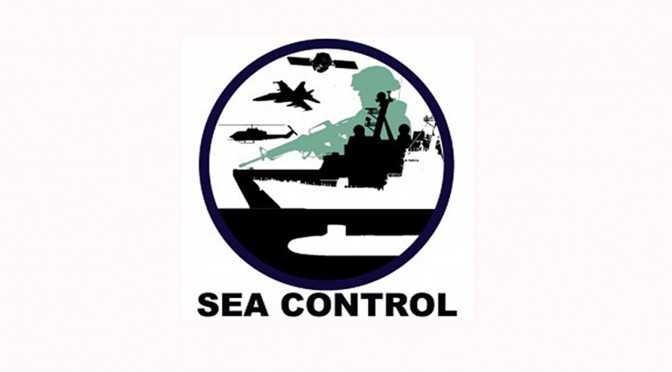By Jared Samuelson
Dr. John Cordle joins Jared (@jwsc03) to discuss Navy culture, fatigue (mostly) in the surface force, and possible solutions on episode 161 of CIMSEC’s Sea Control!
Links
Fatigue is the Navy’s Black Lung Disease by Dr. John Cordle
Naval Postgraduate School Crew Endurance
Jared Samuelson is the Senior Producer of the Sea Control podcast. Contact him at Seacontrol@cimsec.org.


There seems to be a problem that did not exist before. I would blame the sailors themselves. I bet instead of hitting the rack and sleeping many of them are up using electronic devices, music, video, etc. instead of sleeping. Maybe this newer generation, who could stay up on a school night emailing, social median, etc. is just not cut out for the duties required. I remember six on six off, and on condition two twelve on twelve off with the usual interruptions, of course during your off watches, of refueling, unreping, drills, and maintenance. How could sailors back in the days of heavy hauling, under sail, poor diets,and usually port and starboard, that’s four on four off watch rotation survive.
Just maybe, no pun intended, they were men. Add in swinging from a hammock in a damp cramped compartment to the above mix and I wonder if they worked in there sleep. Maybe we should look at the way sailors interact with the electronics, scopes, lights, and buttons.
I do not know your background but if you have been to sea on a warship or even a merchant ship you would a better understanding. The word snowflakes come to mind. The sailors on watch on the two destroyers might have been tired but they were more importantly, undertrained and had, in both cases, crappy situational awareness, do to their reliance on electronics to makes a decision not the minds and eyeballs. MMCS(SW)(SS) Ken “Leeside” Badoian, USN Ret.
Ken, just saw this so sorry for the late reply. I spent 30 years on ships and commanded two, so lots of experience being tired. I’m now employed as a Human Factors Engineer looking at sleep among other things that affect performance. You make good points about personal electronics and personal responsibility. And yes, there were many other factors. What’s “new” is the recognition of the scientific research on how sleep affects us. Thanks for listening in!